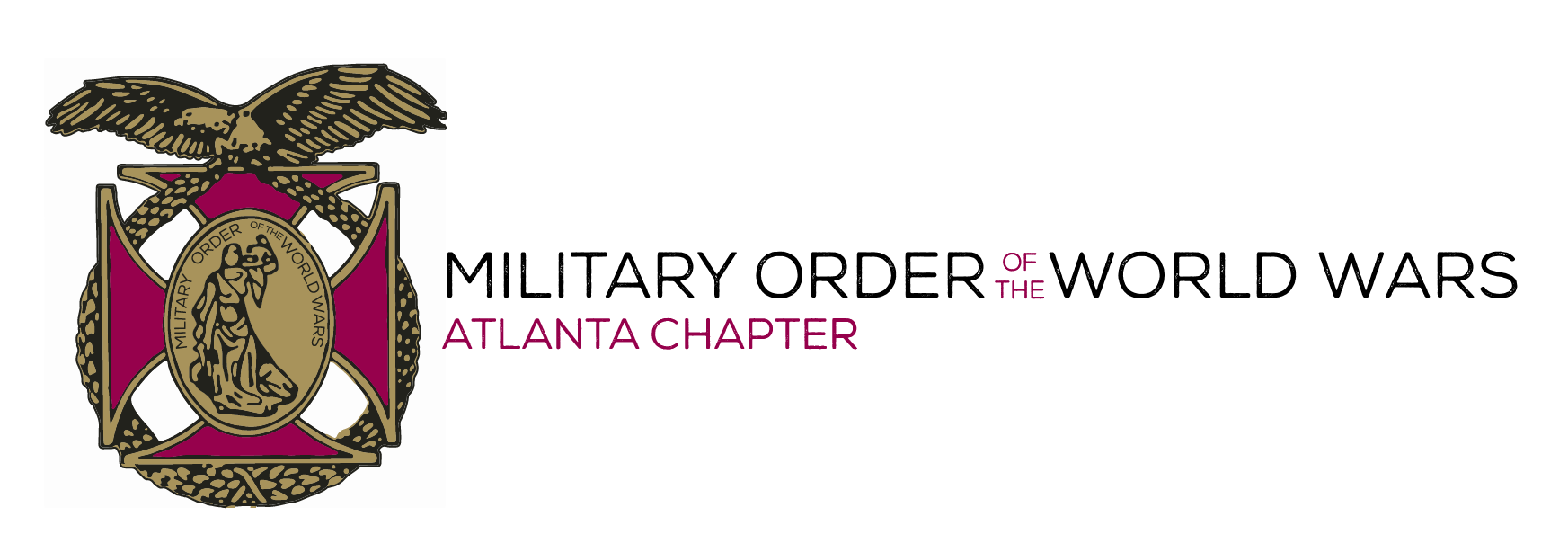The Military Order of the World Wars is a national patriotic organization of American Military Officers, Warrant Officers, Flight Officers and their descendants of the Army, Navy, Air Force, Marine Corps, Coast Guard, National Oceanographic and Atmospheric Administration (NOAA), and the United States Public Health Service (USPHS). It includes active, reserve component, retired, or former service members.
It is nobler to serve than to be served
– General of the Armies
John J. “Blackjack” Pershing
Welcome
Welcome to The Military Order of the World Wars (MOWW) from the Commander-in-Chief.
Preamble
The purpose of our Order is found in the 9 tenets described in our Preamble. _________________________________
Resolutions
The (MOWW) uses Resolutions of Cooperation to formalize partnerships with like-minded organizations.
Serving Youth, Community, and Nation
OUTREACH PROGRAMS

Scouting Recognition Program
MOWW chapters support the Boy Scouts of America (BSA) and the Girl Scouts of the USA (GSUSA) by recognizing scouting excellence by presenting MOWW’s Eagle Scout, Venture Summit Scout and Sea Scout, and Gold Award Certificates of Recognition. Chapters also assist Troops, Groups and Councils in community projects, badge programs, etc.

MOWW’s ROTC Award of Merit Program
MOWW's ROTC Award of Merit Program recognizes cadet excellence by MOWW Companions presenting MOWW Award of Merit Sets at ROTC/JROTC awards ceremonies. Detachments should contact MOWW Atlanta Chapter for support. (MOWW Atlanta Chapter supports detachments not near MOWW chapters.)
· MOWW Accomplishments ·
- Congressional Charter – Provides recognition for MOWW as a leading veterans organization.
- Patriotic Education Activities – Sponsors youth leadership conferences and forums to spread the word about individual responsibility, citizenship, patriotism, and the free enterprise system.
- ROTC Programs – Supports the establishment and growth of ROTC programs during the years prior to World War II and continues to recognize outstanding Cadets, Junior and Senior ROTC units.
- Boy and Girl Scout Programs – Offers recognition or achievement at the highest levels in the Scouting program.
- Police and Firefighters Support Programs – Offers recognition of the service and achievements by law enforcement officers, firefighters and paramedics.
- Veterans Assistance Programs – Offers support and mentorship to Veterans transitioning into civilian life, including morale support and assisting them in developing resumes, conducting interviews, and finding employment.
- Massing of the Colors – Instituted in the 1920’s, now celebrated in communities across the nation as a stirring patriotic ceremony.
· Senior Leaders of the Chapter ·

Atlanta Chapter Commander Robert E. Soderstrom
Robert Soderstrom has been our Chapter Commander since 2017. He is a Hereditary perpetual member and an Honorable Kentucky Colonel

LTC Louis P. Ariff, USA (R)
Lou served 26 1/2 years active duty with the U. S. Army. Lou is the Atlanta Area Chapter Senior Vice Commander and serves on the JROTC/ROTC Committee.

Colonel Maurice (Buck) Buchanan, U.S. Army (Ret)

Linda Ebert Ariff
MOWW Treasurer
ROTC Chairman
· MOWW Mission ·
In 1918, General of the Armies, John J. Pershing, led the American Expeditionary Forces to Europe to engage the Central Powers and aid the Allies. From what he saw in Europe and in the United States, he became concerned about the lack or patriotism and further the lack of leadership training for the future leaders of the United States. For these reasons, Gen. Pershing petitioned the United States Congress to authorize by Statute an organization which would go forward to accomplish these goals. As a result by statutory authority, The Military Order of the World Wars was founded.
General Pershing asked his Commissioned Officers and Warrant Officers to join the Military Order when they left active duty and continue to serve our Country and their Communities as a unified group. However, he specifically prohibited the Military Order from participating in Politics or Lobbying Efforts as an organization. He considered service to the Country more important, and he directed that the Military Order would be a service organization only with the motto “It is nobler to serve, than to be served.” Because the Military Order works behind the scenes, it does not receive much publicity and is not well known.
Since the founding of the Military Order, thousands of Officers and Hereditary Companions have joined rank to work with Police Departments, Firefighter Departments, Youth Leadership Conferences, Boy Scouts, Girl Scouts, ROTC units and assist Veterans transition into civilian life.
The Military Order is always looking for more former or retired Commissioned Officers, Warrant Officers or the Descendants of these Officers to carry on the necessary work which Gen. Pershing envisioned

· Our Oath ·
“I, _________, do solemnly swear (or affirm) that I will selflessly serve as a Companion of the Order with a sincere spirit of volunteerism, that I will promote the principles, goals, and policies of the Order according to its Constitution, Bylaws, Strategic Plan, and Policy Manual, and that I will support the directions of the officers elected and appointed over me. I do further hereby pledge myself to abide by the MOWW Code of Ethics, which I have read and with which I agree, so help me God.”
· Publications ·
The Officer Review Magazine is the journal of The Military Order of the World Wars (MOWW, Inc.); it is published six times annually. MOWW Companions receive The Officer Review magazine subscription (hard copy) as one of their membership benefits. High schools, colleges and universities, Members of Congress, Members of the Executive Branch and others receive complementary issues of The Officer Review magazine.
Click the links below to view The Officer Review Magazine in a .pdf format.

















